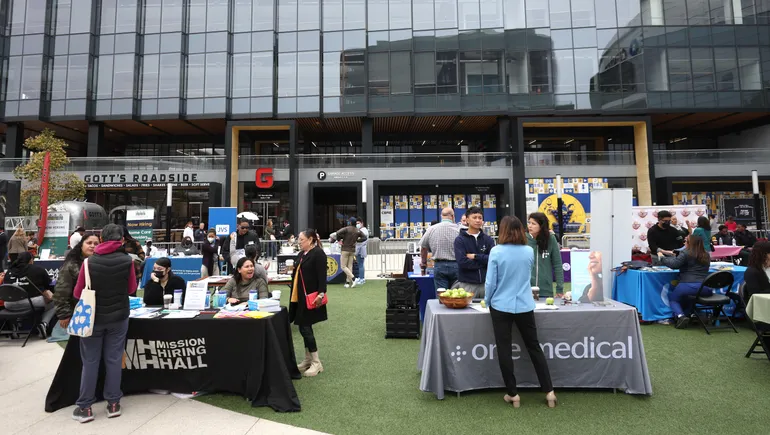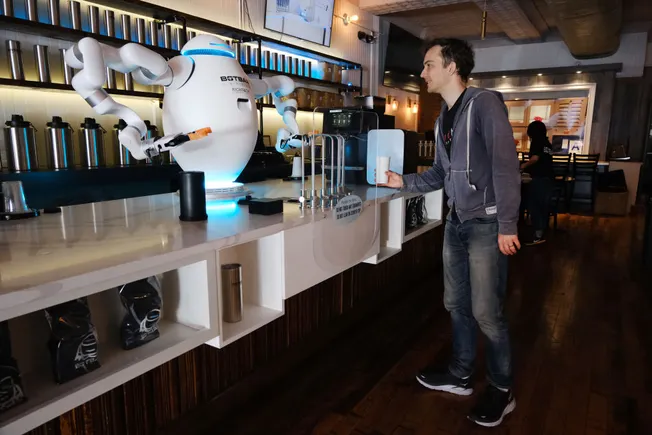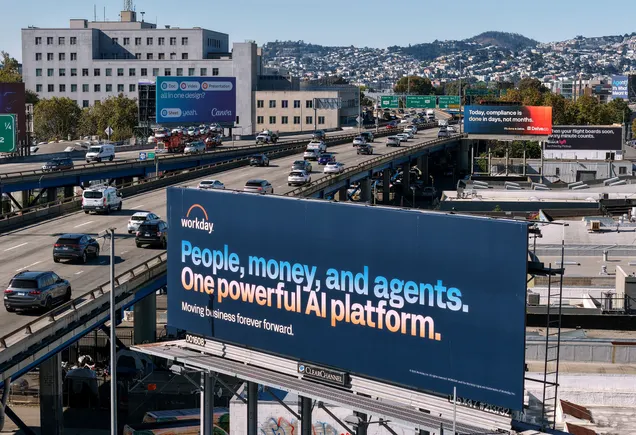As young workers face competition with artificial intelligence tools for entry-level work, 52% of Generation Z job seekers say they’re prioritizing “growth mindset” roles that offer personal development opportunities, according to an August report from Flexa.
In particular, Gen Z workers are 68% more likely to prioritize learning and development benefits — such as language lessons, mentor programs and study leave — when seeking new jobs, as compared to a third of millennials, Generation X and baby boomers.
“‘Growth mindset’ jobs that offer opportunities for personal development have become increasingly important for Gen Z as they enter a very challenging job market,” Molly Johnson-Jones, co-founder and CEO of Flexa, said in a statement.
“Of all working-age generations, Gen Z is most comfortable with the AI tools that are both taking away work and creating new opportunities,” Johnson-Jones said. “But with AI taking on the burden of low-level, repetitive tasks, the nature of roles available to job seekers entering the workforce for the first time is changing.”
Overall, job seekers increasingly expect skill-building opportunities and continuous learning from their employers, and more than a quarter have left a job due to a lack of skill development, according to an Aerotek report. Employers who invest in training “will be best positioned to attract and retain top talent” amid workplace changes, an Aerotek executive said.
In a survey of nearly 30,000 job seekers and insights from more than 40,000 job posts, Flexa reported a 240% increase in the number of job searches for roles offering learning and development benefits since the start of 2025 — across all age groups.
In addition, since January, 64% of job postings have advertised learning and development opportunities, which could include personal development days, coaching programs and study sabbaticals, Flexa found.
Without growth, workers may feel left behind. More than 20% of U.S. workers believe their professional future is out of their hands and they have worse control than five years ago, according to a report from the University of Phoenix Career Institute. Workers were 52% more likely to experience burnout when they felt they weren’t progressing. However, they named career development as one of the top ways to restore their sense of control and reduce burnout.






Leave a Reply